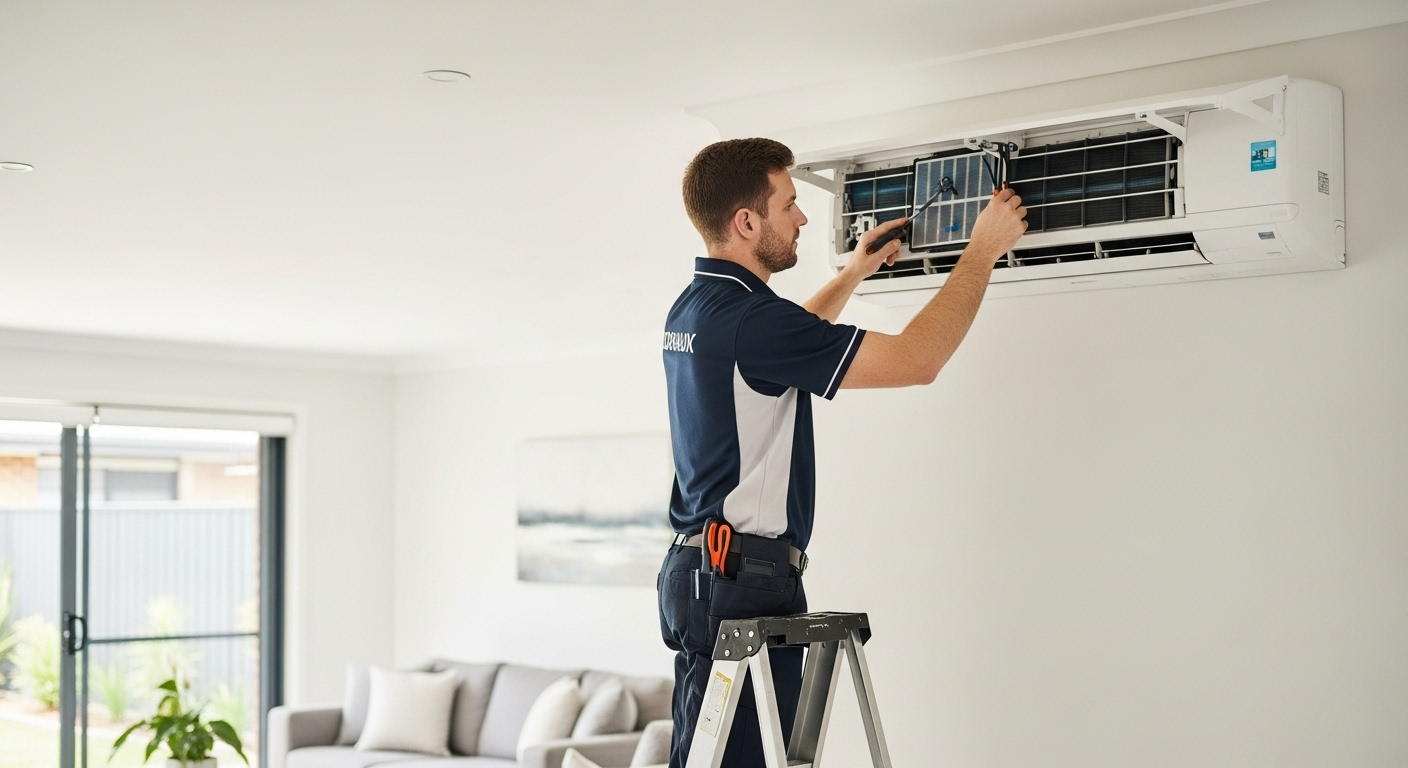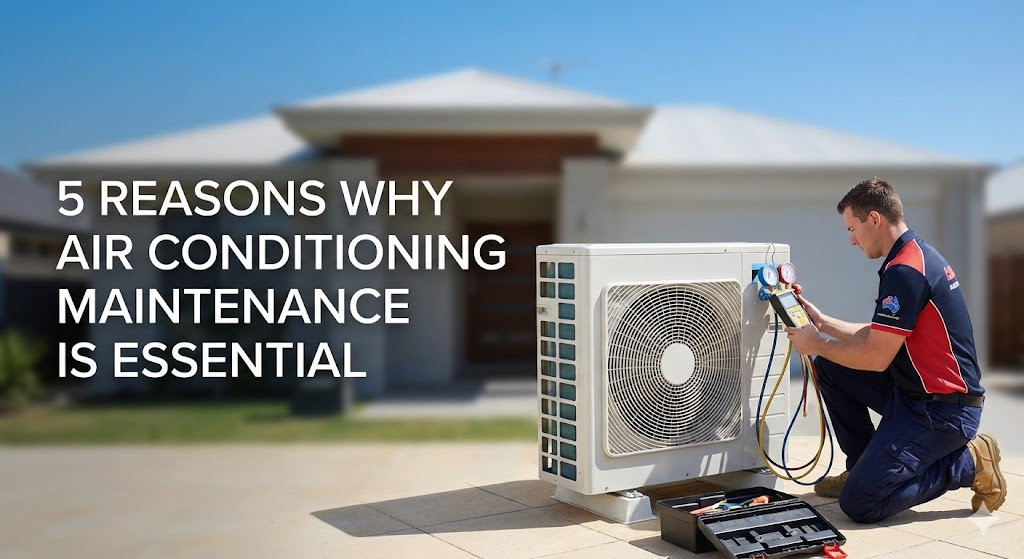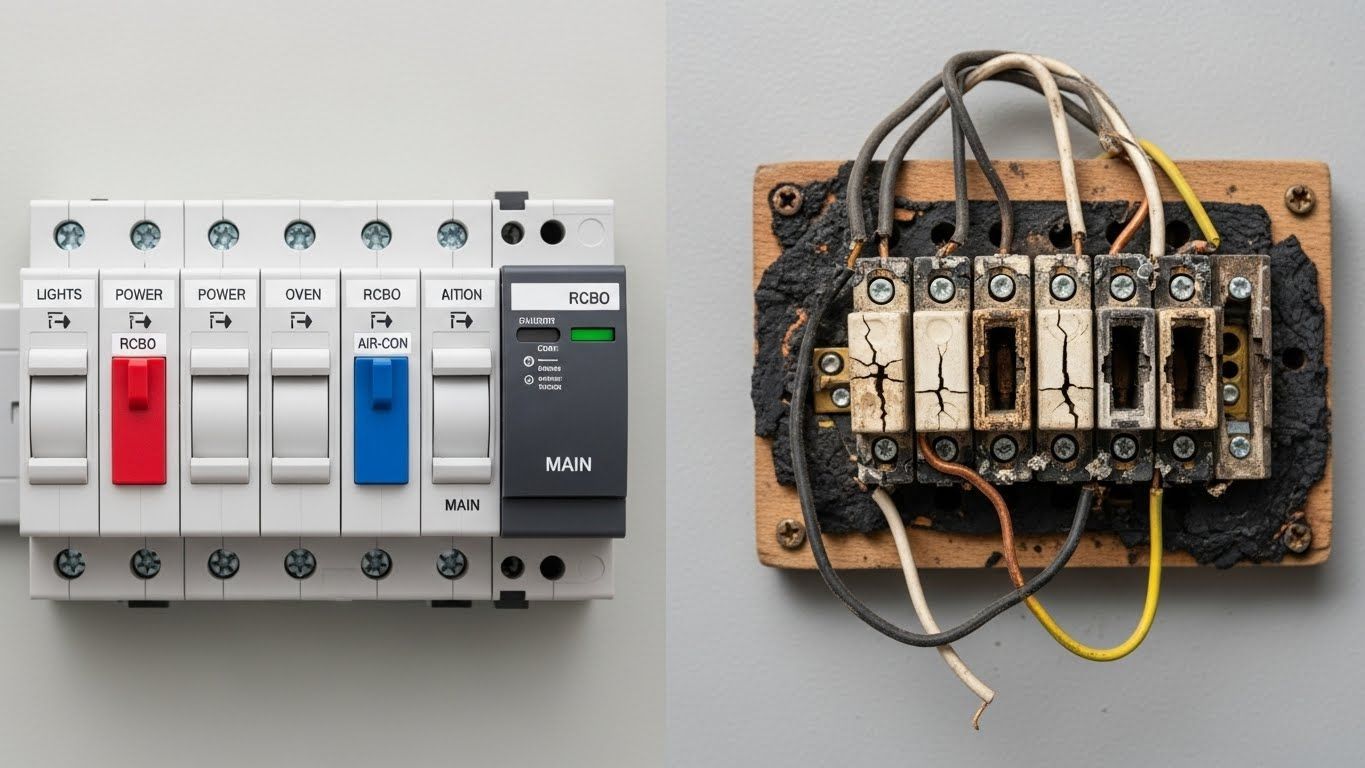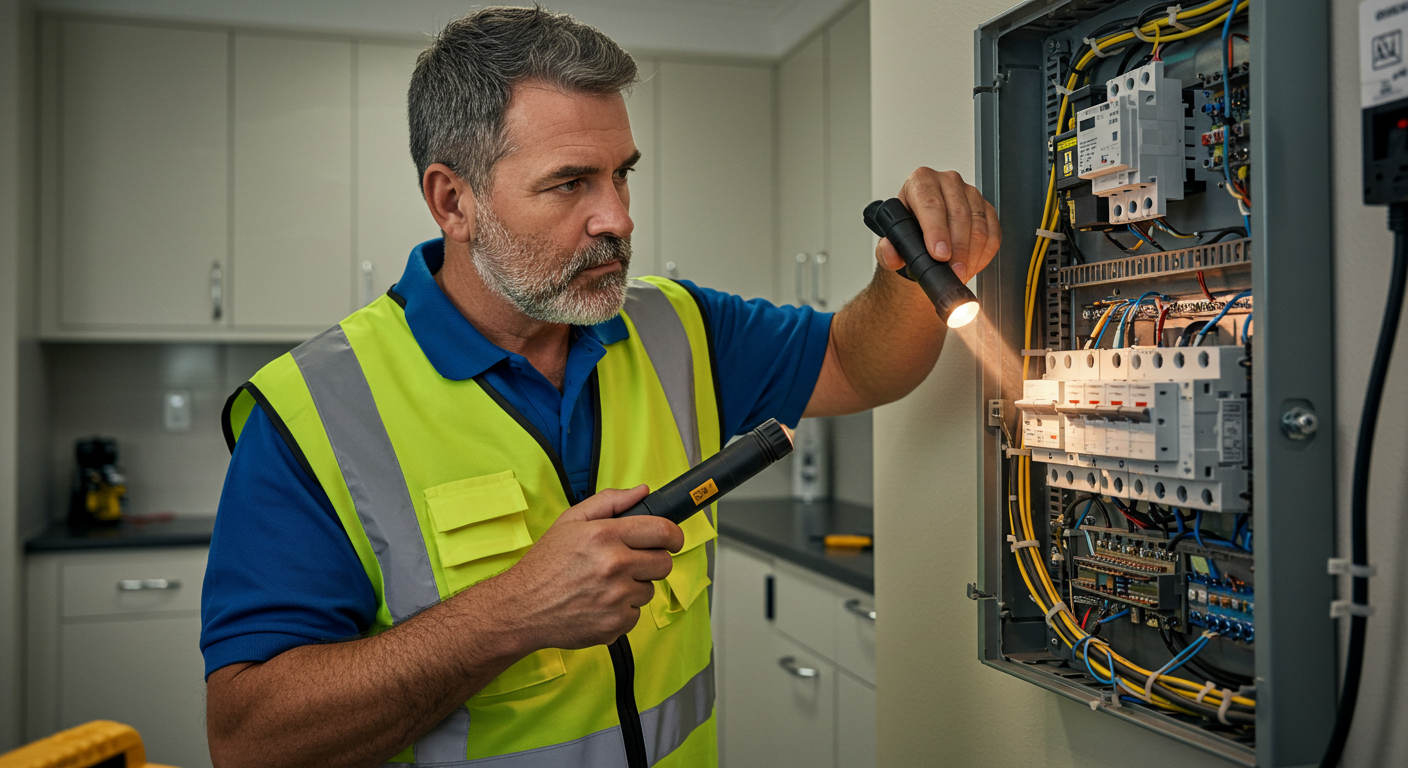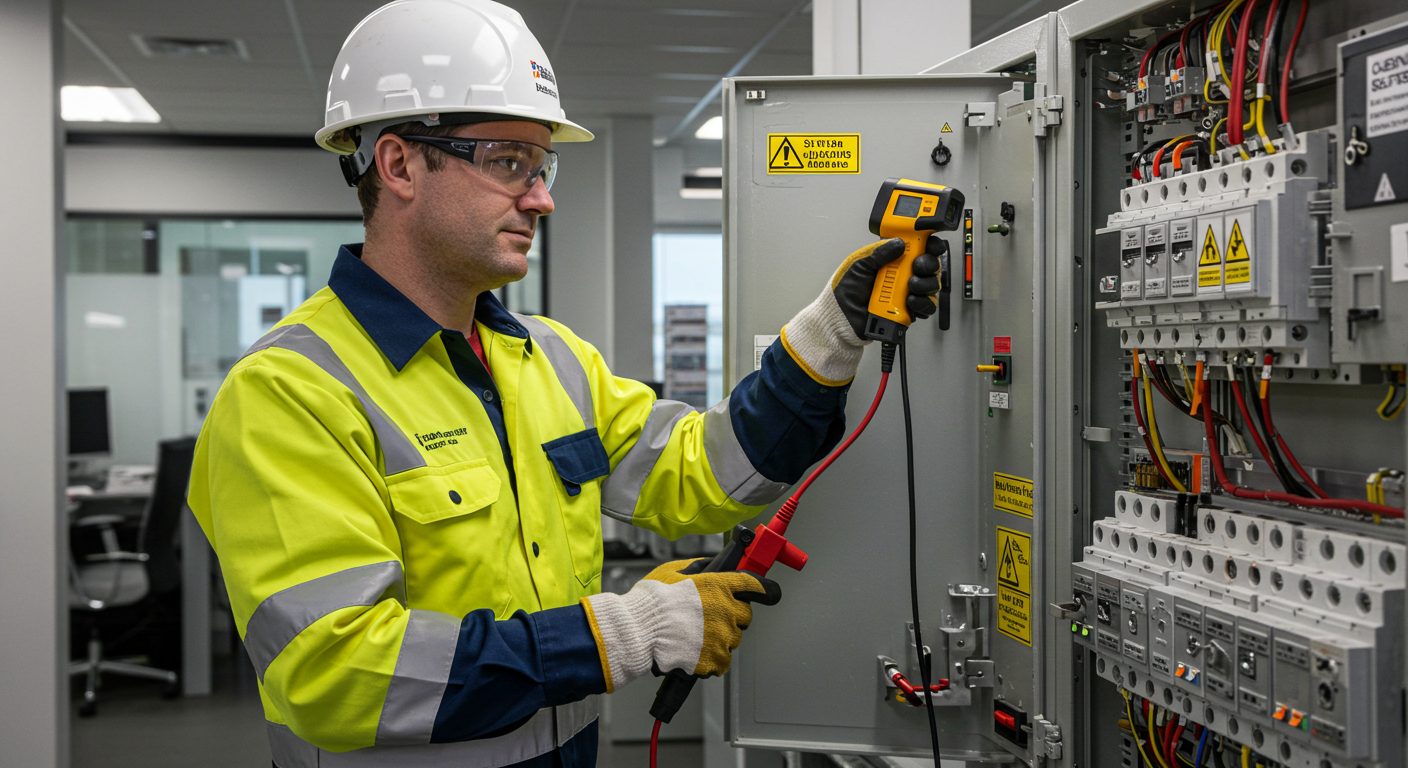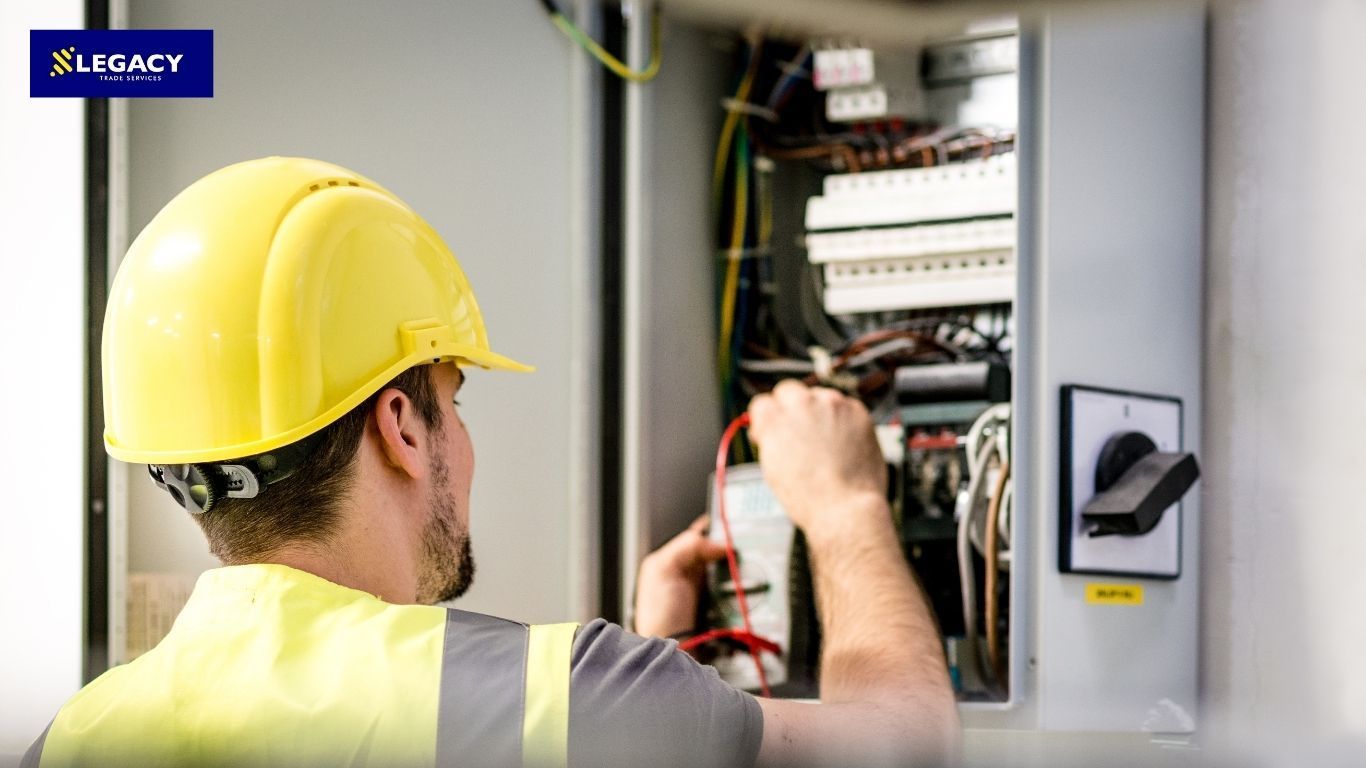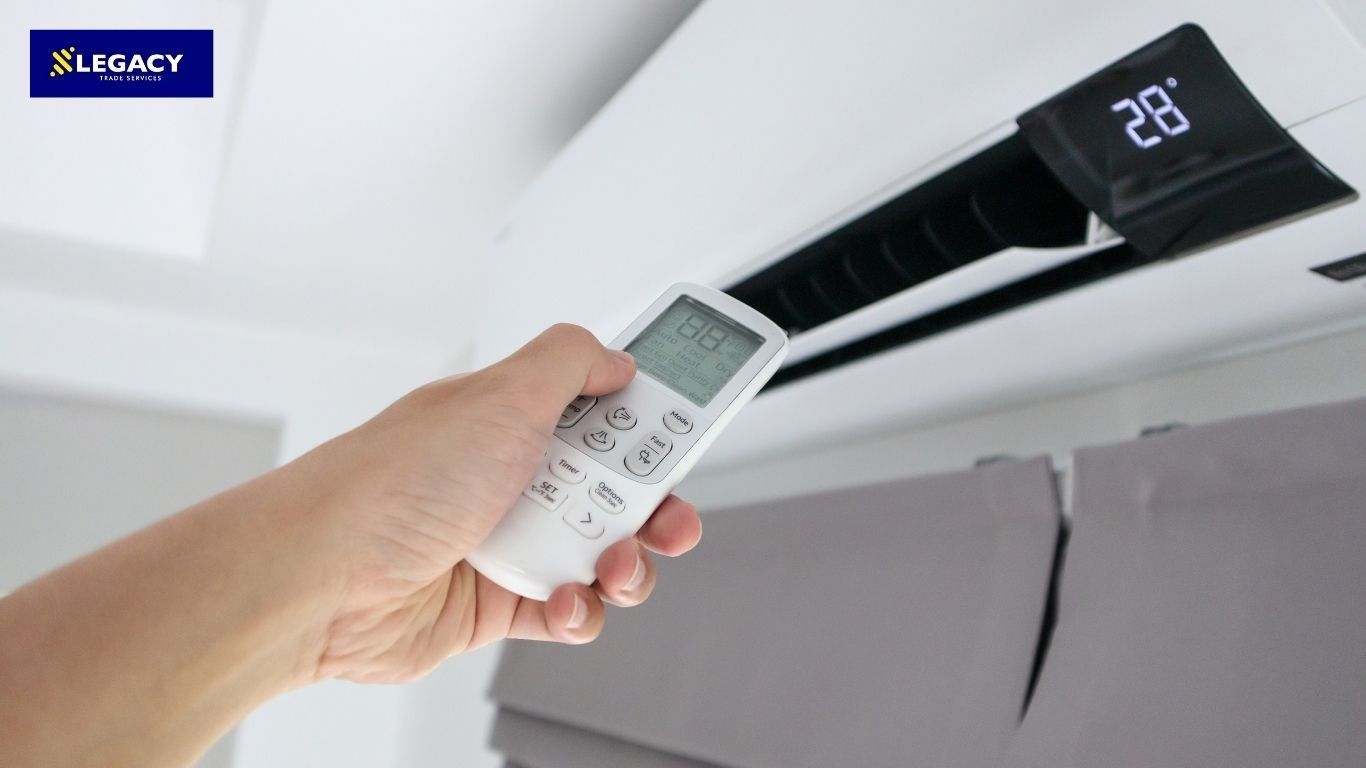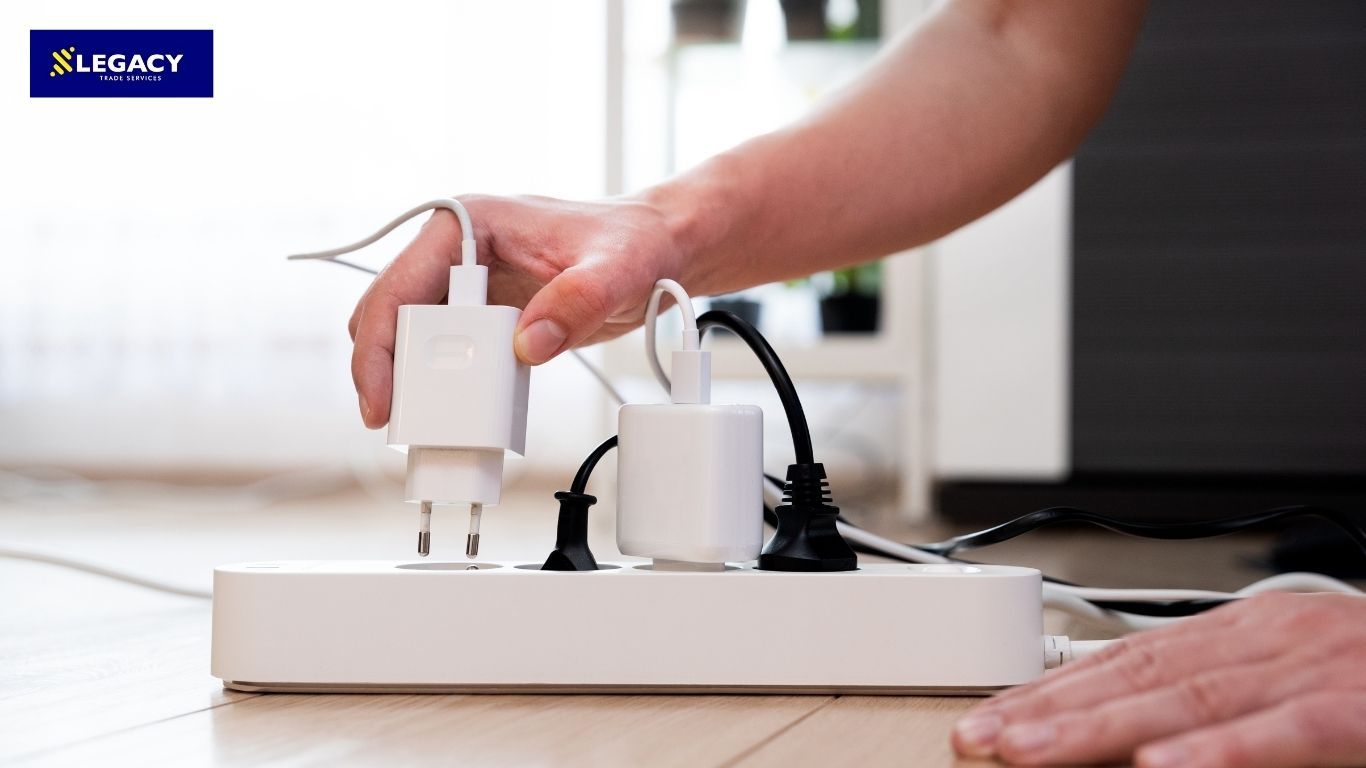10 Electrical Safety Tips At Home
Electricity powers every part of the home, from lights to portable heaters and everything in between. Behind the walls, switches, power points, wires, and the switchboard are doing their job. While it's easy to enjoy the comfort and convenience this brings, have you thought about the hidden dangers it might pose?
The safety of your home and your family's health depend on understanding how to handle electricity. You want to protect what you love and ensure the space is as secure as possible. Here are the top 10 electrical safety tips at home to help prevent fires, shocks, and other hazards.
1. Make Sure There Is Space For Air To Circulate Around Appliances.
Electrical appliances heat up when in use, so many are designed with vents to help them cool down. Place these devices in areas with sufficient space for air circulation to prevent overheating. The right power installation may not be enough. Consider using electrical safety equipment such as surge protectors or thermal cut-offs for added protection against potential risks.
Never put items on top of appliances like microwaves or operate them inside enclosed cupboards. Some kitchens have
built-in appliances, but this is only safe if
installed by professionals using devices designed for such placement. These appliances feature venting systems that enable air to circulate effectively, reducing the risk of overheating and electrical accidents.
2. Take Out The Plugs Of All Appliances When Not In Use.
Here's one of the most basic electrical safety tips at home that's also easy to forget: when you're not using an appliance, unplug it. This not only saves power by reducing standby drain but also keeps them safe from overheating orpower surges. People often forget to unplug appliances they're not using, but the latest
smart plugs offer a solution. These plugs allow you to create power schedules for each power point.
3. Childproof All The Power Points.
Take extra care with power points, even if kids aren't supposed to be in that specific area. Cover points to prevent shocks to support electrical safety for kids. Kids might try to poke their fingers or other things into power points, so it's key to keep them covered when not in use. Also, teach kids the safe use of electricity and make it clear why they should never put leads or electrical items in their mouths.
4. Don't Overuse Extension Cords
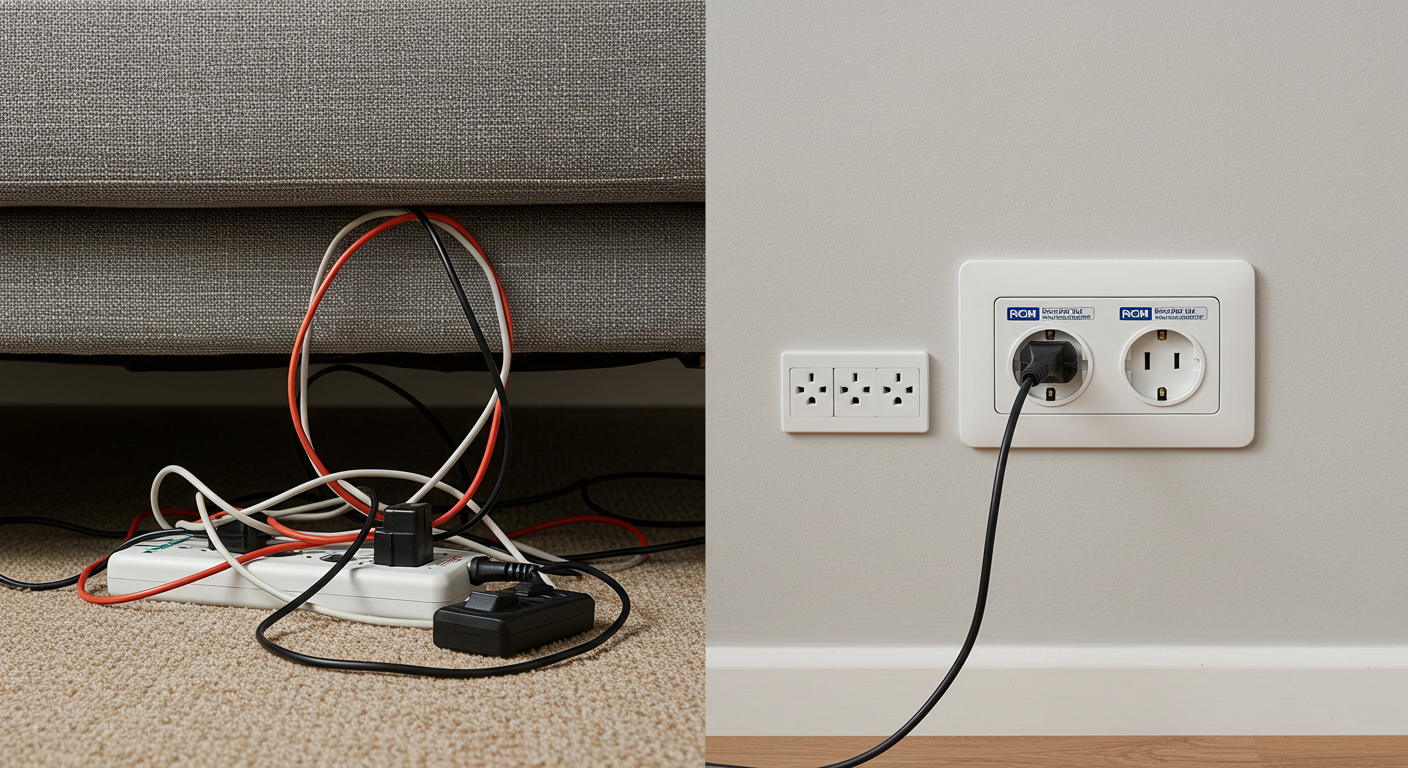
Extension leads help power many devices at once. But you shouldn't think of them as a long-term solution, since most aren't designed to last forever. Inaccurate use of extension cords can lead to the most common home electrical hazards especially if cords are placed in high-traffic areas. Keep these safety tips in mind when using an extension cord.
Don't plug too many high-wattage appliances into one cord. This can overload the power point it's connected to. Pick sturdy cords that can handle the power needs of the devices. Always unplug cords when you're done to avoid overheating and tripping hazards.
5. Replace Damaged Electrical Leads To Keep The House Safe.
Frayed leads pose a significant risk to residential electrical safety, as they can start fires or cause electrical shocks. It's crucial to inspect all power and extension cords regularly for signs of wear or cracking, and to fix or replace them as needed. Don't staple power cords in place or hide them under carpets and furniture. Rugs can hide tripping and make cords overheat, while furniture can crush the cord's covering and harm the wires inside.
Protect circuits with electrical safety switches and breakers to reduce the risk of fire. Also, make sure grounding wires are installed when adding new power points or upgrading your wiring system. These are crucial for redirecting excess electricity safely into the ground in case of a short circuit or surge.
When buying a power cord, consider the load it will carry. A 16 AWG cord handles around 10–13 amps (up to ~1,500 W), but for heavier loads choose a 14 AWG (≈15 A) or 12 AWG (≈20 A) cord for better safety and efficiency.
6. Make Sure Light Bulbs Match the Recommended Wattage.
Every light fixture in a home is designed to handle a specific wattage based on its materials and electrical components. Using higher wattage bulbs can disrupt the balance of voltage and current and overload the home’s electrical system. This generates heat and increases fire risk, especially when the voltage exceeds the fixture’s safe operating range.
Never forget to follow the manufacturer’s electrical safety rules and check the fixture specifications. You can also switch to LED bulbs – they’re safer, more energy efficient and last up to 25,000 hours compared to 1,000 hours for regular bulbs. LEDs stay within safe voltage levels for a 230-volt supply and prevent fire risk.
7. Use Electrical Products That Are Up To Australian Safety Standards.
Australia has strict safety standards for electrical products. However, the issue is that many imported or counterfeit items available on cheap online shopping sites do not meet these standards and are potentially dangerous. Cheap “authentic” products like hair straighteners, dryers, or chargers increase the chance of fire or electric shock. Replacement chargers and batteries can also cause a fire hazard if they aren’t safety-certified. Defective products may miss basic features like a Safety Switch (RCD), which is important for avoiding shock in damp areas like the bathroom and kitchen.
Always shop with trusted Australian retailers or on the official brand sites. Look out for certification marks that include RCM (Regulatory Compliance Mark). Book an electrical safety check in Victoria to ensure everything meets the proper standards. It’s best to get expert advice before buying or installing home electricals. Legacy Trade Services offers safety checks and certified installations.
8. Take Extra Care Around Heaters And Water Heaters To Avoid Damage.
Keep anything that can catch fire far from portable heaters and ducted heating systems. Ensure the safety of the ducted heating system by placing flammable materials far from the heating equipment. Avoid using portable heaters near curtains, and always set them on a solid steady surface to stop them from tipping over. Regulate the water heater's temperature properly. Setting it too high wastes energy and raises the risk of burns or accidental scalding if there are kids in the house.
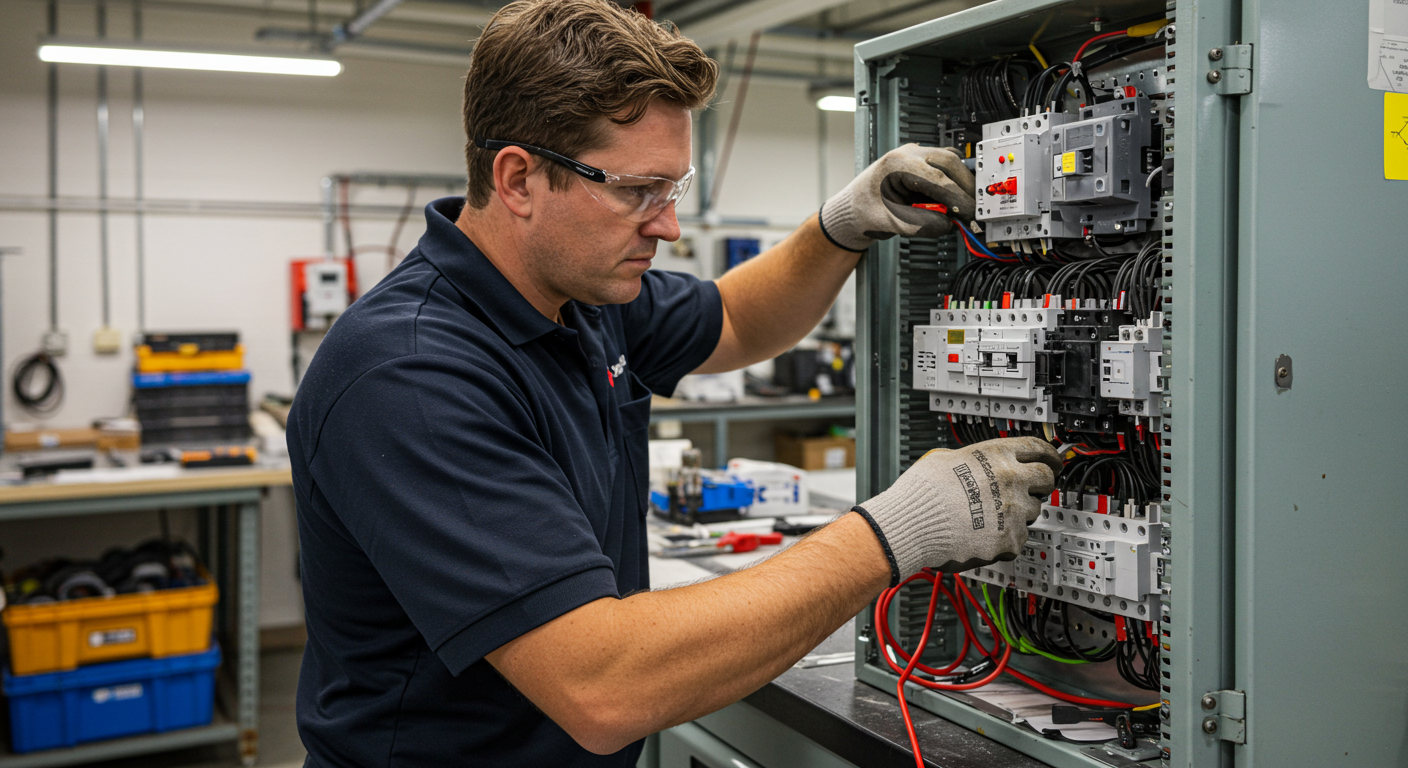
9. Always Follow Power Safety Protocols.
Any home electrical work requires more than just basic tools. Planning and following electrical safety procedures are important. Review a full electrical safety checklist before starting any work. This should include power isolation, circuit load calculation, grounding continuity check, and insulation check.
Just as important is using PPE (Personal Protective Equipment). For tasks such as switchboard replacements or circuit breaker work, always wear insulated gloves, goggles, and use the correct tools. Even small mistakes can lead to serious injury, so protective gear and a proper checklist should never be skipped.
10. Get Inspections Done Regularly.
Hire licensed experts to inspect the electrical system.
Call Legacy Trade Services right away if you see
flickering lights, smell something strange, or notice sparking. You can get value-engineered products for complete safety with
our services.
Final Thoughts
Identify power issues before they become a danger. Use the electrical safety tips above to make your home a safer place to live. Everyone plays a part in keeping
